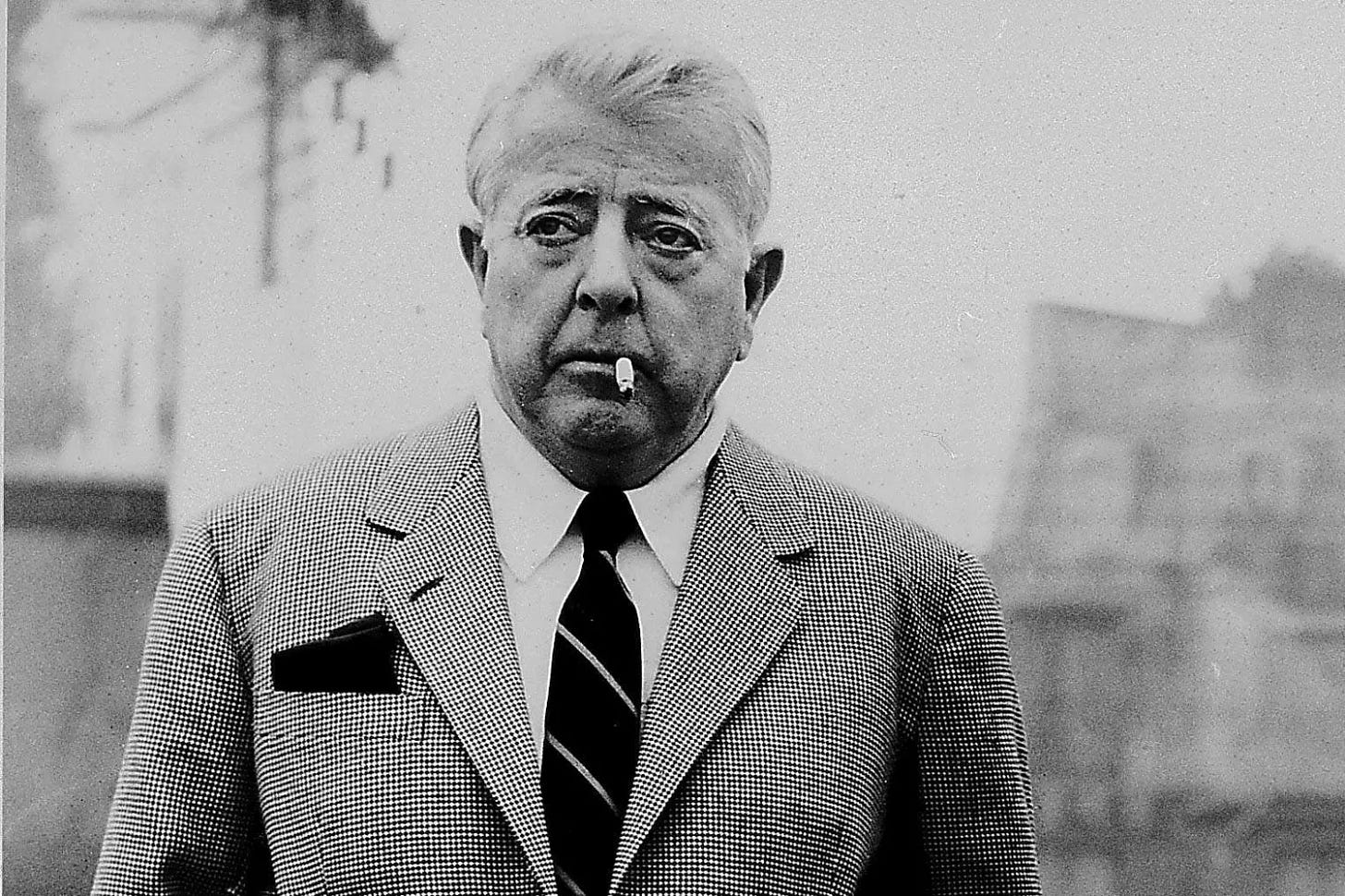When you are young and in love and you travel to Paris, you may, as we did, have a book that becomes a part of your stay as much as any bistro, walk, museum or park. It enlarges your time and binds you and the city together as surely as a kiss. Especially if you discover the book while you’re there. Especially if the two of you fall in love with the book for the same reasons. For us, it was Jacques Prévert’s book of poems, Paroles. It came to be an essential Paris for us, the words, not so hard to understand, the sentiments, pure and openhearted.
The book is like a song that brings back the places and streets you loved.
Jacques Prévert was born in 1900 and died in 1977. He was primarily a poet and a screenwriter. Some of his poems were set to music, most famously, “Les Feuilles mortes,” which, in English, became “Autumn Leaves” with new English lyrics by Johnny Mercer. I prefer the French version, particularly as sung by Yves Montand. This is about as silky as you can get. What a voice.
There’s a rabbit hole we could go down here, following Montand from Édith Piaf to Marilyn Monroe, but, no. It’s Prévert I want to talk about.
Jacques Prévert was a popular poet. Paroles, his first book, published in 1946, did very well. One figure I found says it sold 500,000 copies. For a book of poetry! Popular poets are usually mistrusted—any popular artist often is. I don’t know what the French think about Jacques Prévert. I don’t care. I like his poems very much.
So, I won’t assess the quality of his poetry. As Lawrence Ferlinghetti, who translated Paroles, says about Prévert, his is “a poetry (his worst critics will tell you)…existing always on as fine a line between sentiment and sentimentality as any that Charlie Chaplin ever teetered on.” You decide.
Prévert’s a street singer, a man who you walk with, the man with an accordion, a man who speaks to you at eye level, who takes a glass of wine with you.
When the two of you fall in love with poems written in the language, French, of the city you are wandering in, Paris, then they become essential to you, part of your heart. They provide you with an extra portion of fondness for the time you spend in Paris. You belong to the city more genuinely, and the city belongs more surely to you. Because that’s what can happen in Paris. You can fall in love with it, as we did, deeply and passionately, with Paroles our companion and witness.
I see the bookstore on Rue des Écoles in the 5th arrondissement where we bought the book still exists (the store’s label is affixed in the inside cover of the book), and that makes me happy.
I can look back and say, we found that book in Paris. Or it found us. I can read the poems once again, “Rue de Seine” and “Je suis comme je suis.” We read those poems to each other aloud at a cafe somewhere in Paris. The book was our guide. Jacques Prévert was our walking companion. One of us carried the little folio paperback with us always.
Years later, that love is gone and stone cold, and I am in love with another. (I am deeply in love with my wife, and she knows this.) I can still come upon that book, and it will transport me back to the Paris of years ago when Jacques Prévert and she and I and Paris were together. Anything this deeply felt is glorious. The soul aches in a kind of unappeasable ecstasy of melancholy. What you had, what was, what was lovely, what is gone.






You can fall in love in Paris after meeting a stranger in a cafe and you stroll in the rain to the train station and he kisses you goodbye before you board the train!
Thank you for introducing me to yet another great writer. I enjoyed the Montagne serenade, too.